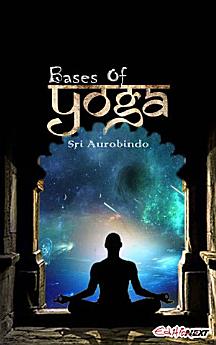Bases of Yoga: Art of living
Meer oor hierdie e-boek
Graderings en resensies
Meer oor die skrywer
Sri Aurobindo, known as Sri Aurobindo (Sri Ôrobindo), (15 August 1872 – 5 December 1950), born Aurobindo Ghose, was an Indian nationalist, philosopher, yogi, guru, and poet. He joined the Indian movement for independence from British rule, for a while became one of its influential leaders and then became a spiritual reformer, introducing his visions on human progress and spiritual evolution. Aurobindo studied for the Indian Civil Service at King's College, Cambridge, England. After returning to India he took up various civil service works under the maharaja of the princely state of Baroda and began to involve himself in politics. He was imprisoned by the British for writing articles against British rule in India. He was released when no evidence was provided. During his stay in the jail he had mystical and spiritual experiences, after which he moved to Pondicherry, leaving politics for spiritual work. During his stay in Pondicherry, Aurobindo developed a method of spiritual practice he called Integral Yoga. The central theme of his vision was the evolution of human life into a life divine. He believed in a spiritual realisation that not only liberated man but transformed his nature, enabling a divine life on earth. In 1926, with the help of his spiritual collaborator, Mirra Alfassa (referred to as "The Mother"), he founded the Sri Aurobindo Ashram. He died on 5 December 1950 in Pondicherry. His main literary works are The Life Divine, which deals with theoretical aspects of Integral Yoga; Synthesis of Yoga, which deals with practical guidance to Integral Yoga; and Savitri: A Legend and a Symbol, an epic poem which refers to a passage in the Mahabharata, where its characters actualise Integral Yoga in their lives. His works also include philosophy, poetry, translations and commentaries on the Vedas, Upanishads and the Bhagavad Gita. He was nominated for the Nobel Prize in Literature in 1943 and for the Nobel Peace Prize in 1950.





